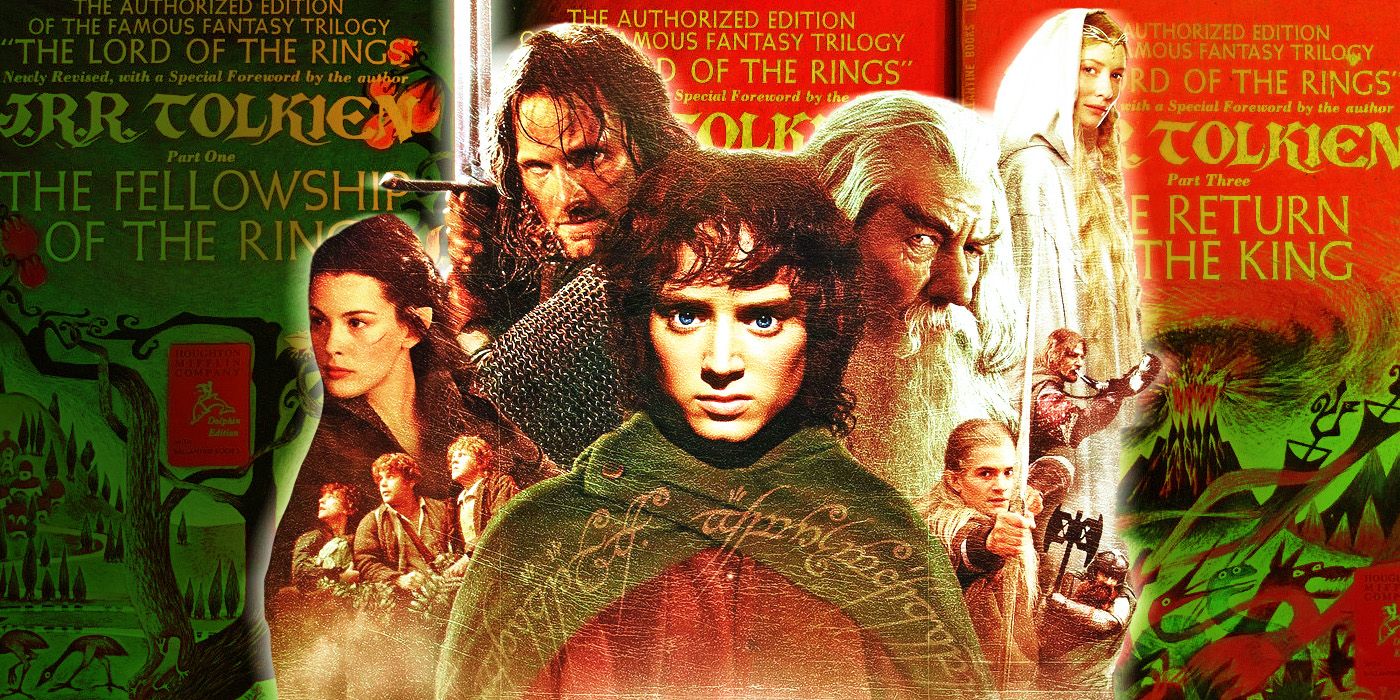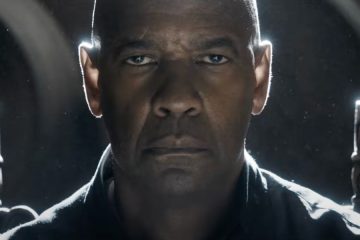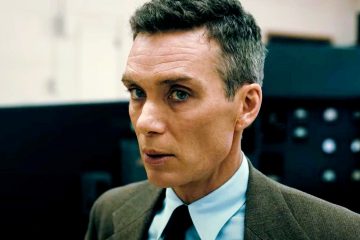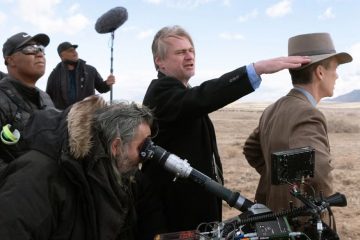The fantasy world of Middle-earth has become a multimedia property, built on the success of Peter Jackson’s classic movie adaptation of The Lord of the Rings. His trio of films became box office giants amid widespread praise — with 2003’s The Lord of the Rings: The Return of the King dominating the Oscars that year — as well as lending pedigree to the often-maligned fantasy genre. It introduced millions of new fans to J. R. R. Tolkien’s fairy-tale universe, while giving long-time admirers a set of movies worthy of the books. Had it been another property, it might have launched a franchise on par with Star Wars or the Marvel Cinematic Universe.Despite that potential, Hollywood has been noticeably slow to develop new projects, and those it has developed have arrived with unusual amounts of controversy. There’s a good reason for that. Big franchises ultimately need to move beyond their initial creators, or else risk stagnation. Star Wars for example, is no longer the purveyance of George Lucas, while Star Trek creator Gene Roddenberry stepped away from his property in the early seasons of Star Trek: The Next Generation. Middle-earth has no such luxury, and to do so would court disaster. It does, however, explain why the post-Lord of the Rings projects have engendered such debate, despite being solid efforts that provide the franchise a higher overall standing than most. Tolkien is integral to its vision, and the farther one steps outside of his bounds, the more likely the franchise will suffer for it.Eventually, both Star Trek and Star Wars grew beyond their creators, to the point where they were no longer involved at all. Roddenberry’s moment came following the first season of The Next Generation, which struggled to escape a 1960s style of storytelling that felt out of place for a 1980s audience. Lucas began to step aside following the completion of the prequel trilogy, unofficially passing the torch to Dave Filoni with the Star Wars: The Clone Wars animated series. In both cases, the move was necessary to ensure the continued growth and creative health of the franchise, and while the transition wasn’t always easy, it ultimately helped both sagas evolve in new and fruitful directions.
The fantasy world of Middle-earth has become a multimedia property, built on the success of Peter Jackson’s classic movie adaptation of The Lord of the Rings. His trio of films became box office giants amid widespread praise — with 2003’s The Lord of the Rings: The Return of the King dominating the Oscars that year — as well as lending pedigree to the often-maligned fantasy genre. It introduced millions of new fans to J. R. R. Tolkien’s fairy-tale universe, while giving long-time admirers a set of movies worthy of the books. Had it been another property, it might have launched a franchise on par with Star Wars or the Marvel Cinematic Universe.
Despite that potential, Hollywood has been noticeably slow to develop new projects, and those it has developed have arrived with unusual amounts of controversy. There’s a good reason for that. Big franchises ultimately need to move beyond their initial creators, or else risk stagnation. Star Wars for example, is no longer the purveyance of George Lucas, while Star Trek creator Gene Roddenberry stepped away from his property in the early seasons of Star Trek: The Next Generation. Middle-earth has no such luxury, and to do so would court disaster. It does, however, explain why the post-Lord of the Rings projects have engendered such debate, despite being solid efforts that provide the franchise a higher overall standing than most. Tolkien is integral to its vision, and the farther one steps outside of his bounds, the more likely the franchise will suffer for it.
Eventually, both Star Trek and Star Wars grew beyond their creators, to the point where they were no longer involved at all. Roddenberry’s moment came following the first season of The Next Generation, which struggled to escape a 1960s style of storytelling that felt out of place for a 1980s audience. Lucas began to step aside following the completion of the prequel trilogy, unofficially passing the torch to Dave Filoni with the Star Wars: The Clone Wars animated series. In both cases, the move was necessary to ensure the continued growth and creative health of the franchise, and while the transition wasn’t always easy, it ultimately helped both sagas evolve in new and fruitful directions.
#Lord #Rings #Franchise #Afford #Deviate #Tolkien
Note:- (Not all news on the site expresses the point of view of the site, but we transmit this news automatically and translate it through programmatic technology on the site and not from a human editor. The content is auto-generated from a syndicated feed.))



